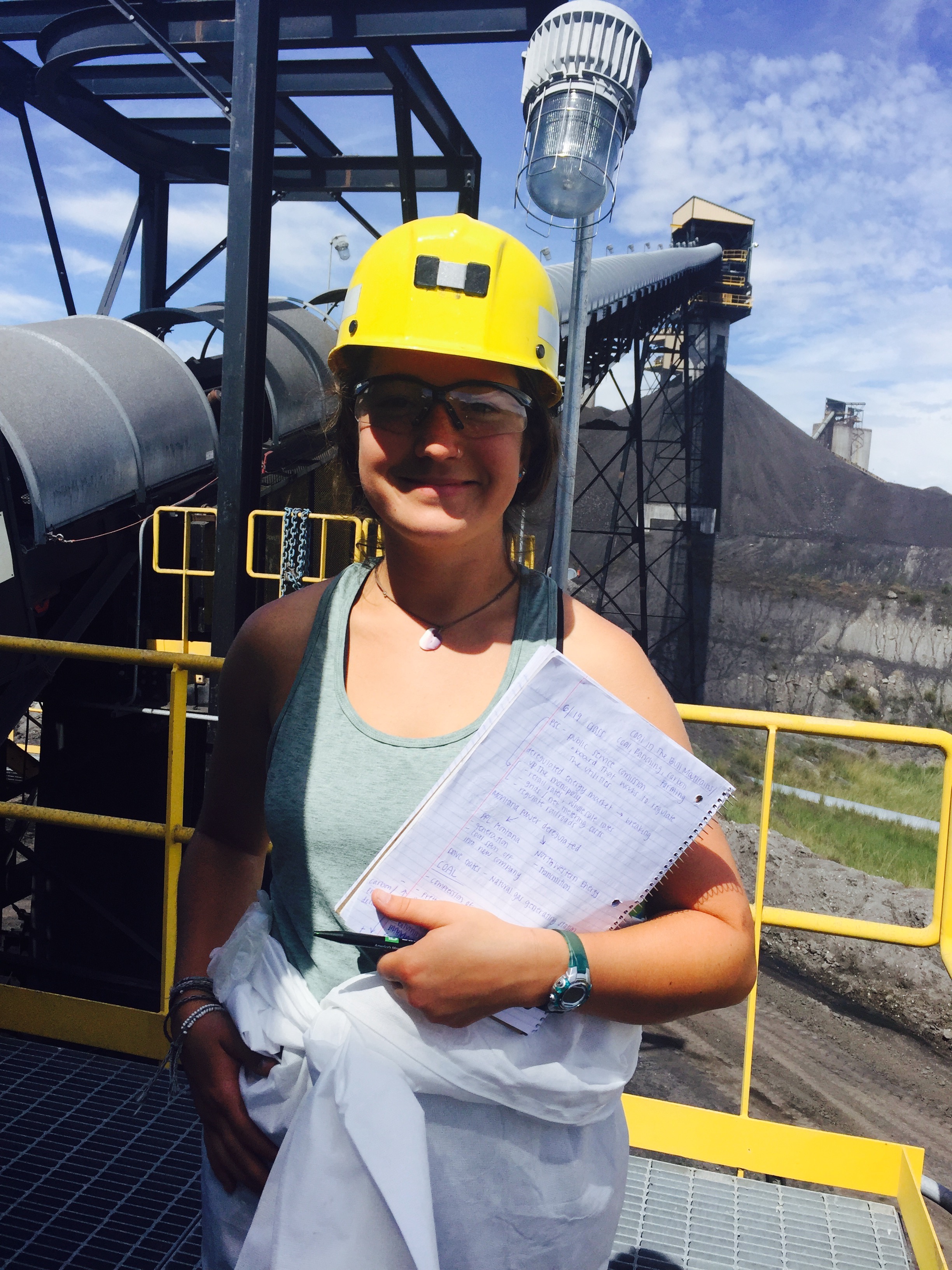
As I experience the variety of things that Montana has to offer, I am taken by how many aspects of this area differ from what I have known: from landscapes to accessibility of resources to even the nature of interactions with each individual. I’m used to the steady rolling hills that surround my New Hampshire home town, usually a vibrant green. Sometimes another small town will pop up, but other times I will be among beautiful mountains – or “hills” according to some people out West. That is what I’m used to and where my comfort level lies. I’ll go through most of my days with family or friends, most of them valuing the same things as me and enjoying similar activities. This contributes to a solid connection, almost as if my whole life so far has allowed me to be mindful of where I go and who I’m with, keeping that comfort within reach. It wasn’t until I was removed from these comforts that I was able to see that they have been a barrier to thinking in a more open minded way.
So here I am in virtually the opposite place from my average life. In the matter of a few hours that we spent riding in a van from Missoula to Billings, MT, we passed numerous different landscapes. From tree filled mountains to some with trees more sparse, to roadside views of what was a forest but had been affected by a fire. Then among the hills came cliffs with intricate and unique rock formations, followed by land owned by ranchers with grazing cattle, then back to a totally different rock formation. The land was unlike anything I would see back at home. I’m not usually exposed to so much geographical variety. This is comparable to my exposure and similarities with those I interact with in my day to day life back home. Here, I have encountered individuals with many backgrounds and perspectives unlike my own. Specific to this course, I am referring to views on climate change. Although New Hampshire is filled with individuals who hold different views, I surround myself with people who I can connect with easily: my friends, family, and classmates never seem to fall far from what I believe. Now here, with the wide variety of individuals that I have interacted with, I have been introduced to a whole other population of people with insight of their own. This has been a wakeup call for me, a young adult who thinks she knows what goes on everywhere.
It only took a half hour from the time I stepped off the plane to the start of this realization. After gathering my bags and catching a cab, it wasn’t long until I was talking about climate change with the cab driver. He expressed his disbelief in climate change with reasoning that was valid to himself and his values. He voiced his skepticism of the term “climate change” and didn’t directly see a change in the climate. From his own research he claimed that temperature fluctuations have occurred before and education fails to give students the researched evidence to show it. I sat and listened and was rattled by how fast my confidence vanished. But as we continued to talk, I tuned in to the fact that we were actually having a discussion, trying to understand and listen to where the other was coming from. With all of the controversy that has burdened our society, people have become obsessed with a need to be right and know what is best. With that, thoughtful discussion is something that has become so valuable yet so rare. Although we didn’t see eye to eye, we were both able to express our thoughts and, as some people say, agree to disagree. Like I said, this was within the first hour upon my arrival. Now, a week later, I have done as much listening as possible.
Walking into a coal mine was such an interesting experience. Not only was I able to get a candid look at what has been a historical power source in the US and globally, but I was also able to gain a new awareness of the people who worked and supported this industry. The miners that we talked to are proud of what they provide for people who want to turn on a light switch. They are also doing everything they can to maintain a lifestyle that is comfortable for their families. It wasn’t until I was engaging with them that I was able to develop sympathy for their hard work, whether or not I approved of the mine or agreed on political values.
These experiences have given me insight into approaching disagreements. Rather than argue to prove a point, I try to get a feel for the position that another person has, consider the context of where they are coming from and use this approach to personally investigate, validate or even question my own positions. It’s easy to make statements and target others, whether it is intentional or not, but that also comes from a place of sameness, security and absence of challenge from opposing viewpoints. It takes practice and humility, but one should also allow sensitivity when facing the real people who we are trying to work with. In order to make progress in society today, that must be recognized.